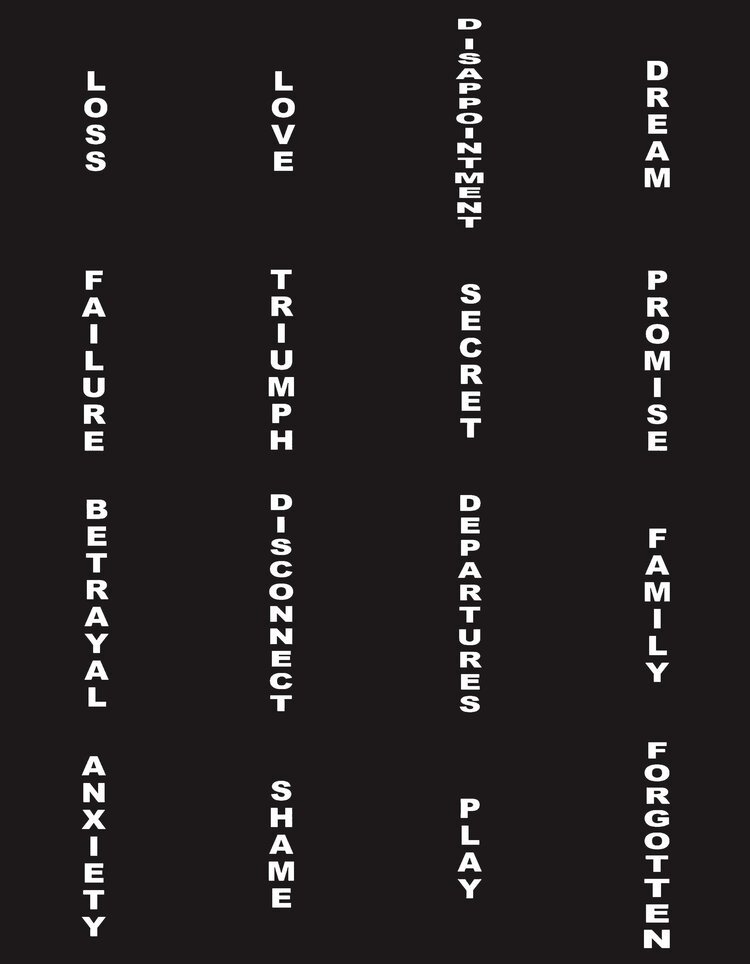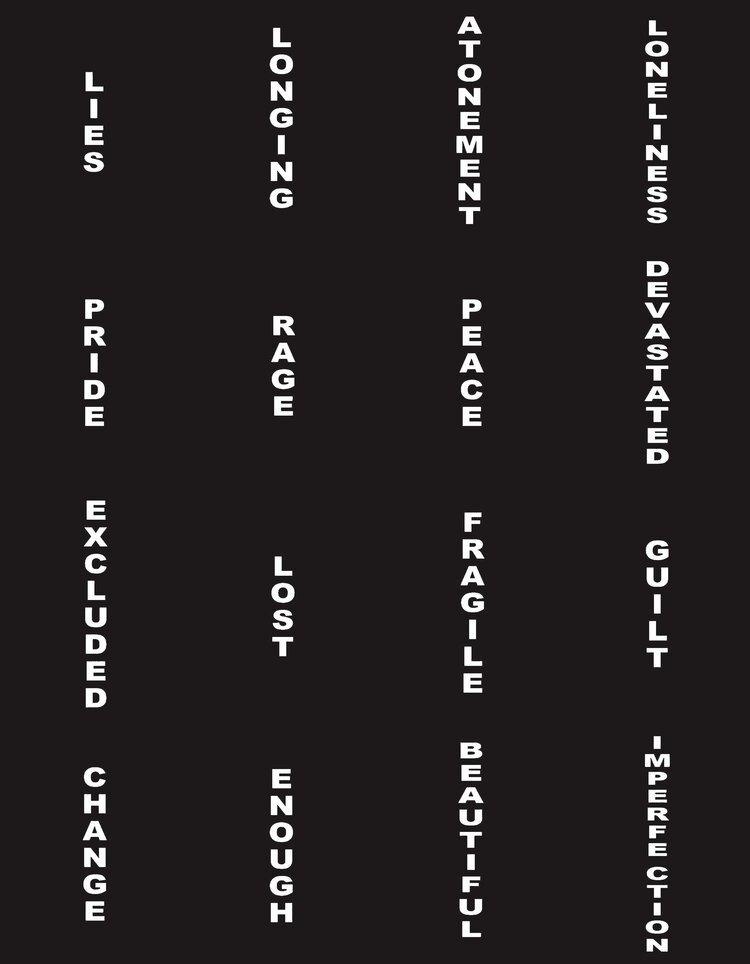April 20, 2020
Intentional vulnerability
This week I'm sharing Chad Shomura's Corner of Heart-to-Hearts, a public feelings project that asks us to be intentionally vulnerable in new and different ways. The Corner is one of Open in Emergency’s major theoretical interventions in terms of rethinking where and how we exchange care. Chad has staged the Corner as a public installation numerous times, and students of Open in Emergency have created their own public feelings projects inspired by Chad's Corner. I've also hosted mental health pop-ups in collaboration with community orgs, student groups, and academic units all over the country highlighting this piece. Here’s a short description, excerpted from Chad’s essay:
The Corner of Heart-to-Hearts is a public feelings project. Neither a ballot box nor a street to march down, it is a space for close conversation. At its most ambitious, the Corner seeks to create what Lauren Berlant has called “minor intimacies,” or those connections that run awry of forms such as friendship and romance. Vulnerability is crucial. As Judith Butler has insisted, it is key to the development of ethical relations with others, particularly when the U.S. has asserted its inviolability in the “War on Terror” by detaining, torturing, and incinerating potential threats. Devaluation of vulnerability in the U.S. has also fueled the destruction of the welfare state, as seen in the feminization of social safety nets, racism towards poor minorities (e.g. “welfare queens”), and a macho public culture defined by boot-straps agency, self-sufficiency, and the belittlement of those who do not “make it.” In this racialized context, what could opening up to a friend, a stranger, do? Might doing so help to tone down the U.S.’s calls for beefed-up sovereignty and welcome others with greater tenderness? How might an acceptance of vulnerability work against racialized public cultures of ableism and stigmatization of Asian American mental health? What new forms of solidarity become possible? What forms of care might emerge from radical listening? (Shomura, 13-14)
Read Chad's full essay for more on the theoretical underpinnings of this piece, or, if you don't have the spoons for that right now, skip ahead to the activity below.
Pair up with a friend or family member. Choose one word from the list below and take turns talking about it for 2 minutes each while the other person just listens. Do as many words as you like.
Now, reflect: The activity was designed to be done publicly, in part to reclaim the public space as one for intimacy and feelings—to disrupt the everyday experience and rules of feelings (ie, what kinds of feelings we’re allowed to have, and when and where we’re allowed to have them). But now you’re doing it in the very intimate space of your home during quarantine. Does it still break open something new? Did the heart-to-heart move outside of the ways you usually talk with your conversation partner? How did that feel? Did you do your heart-to-heart face to face, over the phone, or over video? How does it feel to try to form intimacy in the medium you chose? How does the current crisis inflect how you talked about the word(s) you chose? Was there a reason why you chose the word(s) you did (or did you choose at random)? Perhaps your home doesn’t actually feel private since there might be many people there all sharing space right now. If so, how does this lack of privacy shape the experience of being vulnerable with your conversation partner?
***
I once watched two students do a heart-to-heart at a mental health pop-up I hosted—two students, previously strangers, who concluded their 10-minute conversation with a long, full hug. May we all be so blessed to connect with each other anew.
mimi
NEXT: What is mental health?


